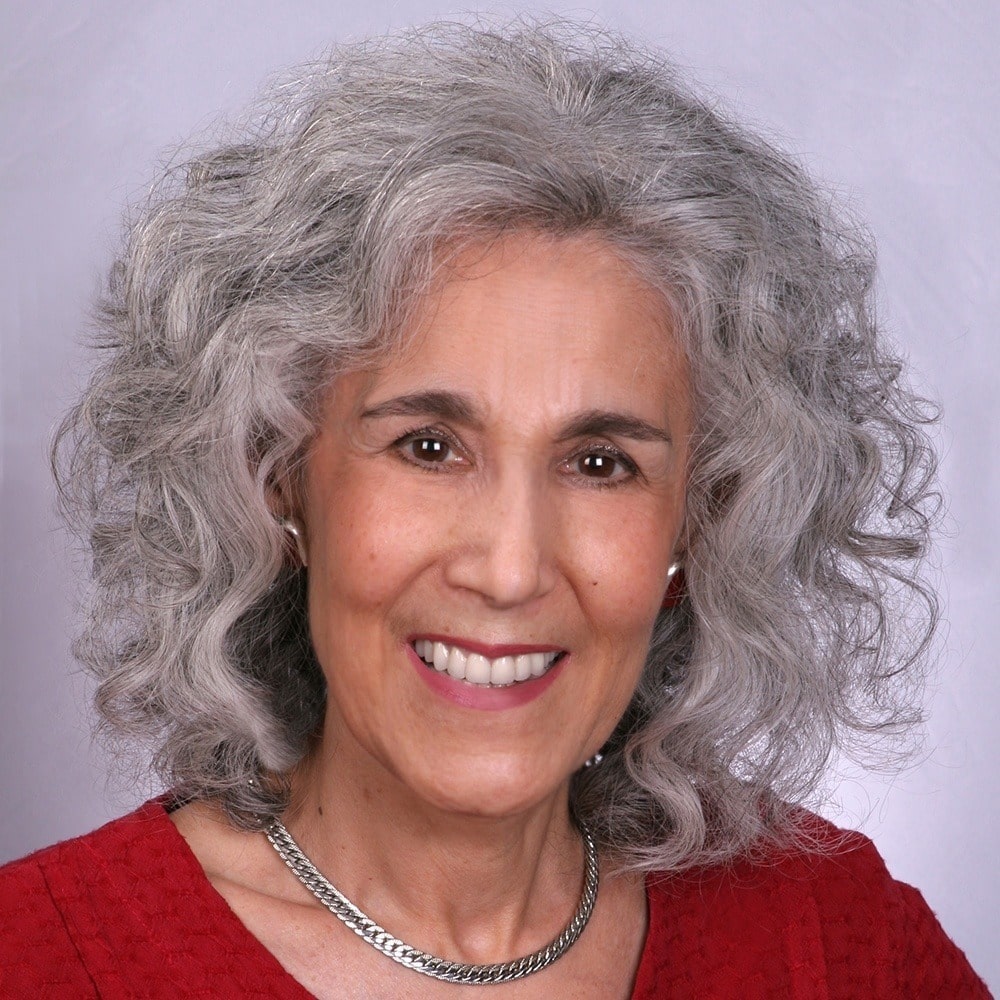
When you’re faced with tough decisions, especially major ones, look for what will be best for you, not what the right thing to do is.
You may think that the best answer is the same as the right answer, but you’d be wrong. Looking to do what’s right generally involves other people’s assessments or measuring up to norms or standards. Trying to make the right decision often comes from looking at your choices through others’ eyes, not gazing out at you in the world through your own eyes.
The best decision won’t come from the most affirmative nods or applause you receive and it may not win you friends or ensure you keep the ones you have. Although you might want to observe what others do or have done in your shoes, remember that you’re the one who’ll be stepping forward in them into the future. And tempting as it is to ask others what they would do if they were you, it’s vital to remember that they are not you and can’t ever know and feel life exactly as you do.
When you’re tempted to seek the “right” choice rather than what’s best for you, ask yourself what you are really looking for in an outcome. Many people want to hear that they’ve done a splendid job at negotiating through life or that they’re smart, savvy, clever, or wise. Is there a certain word you’re seeking that will cause you to feel good about yourself, something you wish to hear said about you, as when people tell you, “You’re smart to do that,” or “What a wise decision.” Or maybe you live to hear someone tell you, “It’s the right thing to do.” If so, be wary that your desire is more about being valued for your decision than making one that is valuable for you.
A decision that is best for you emerges not from what may be right or wrong but from a sense that no other choice would resonate as well within, make such sense, and be as valuable as the one you’re making. It may be typical of you or startlingly the opposite. It’s the one conclusion that grows from your heart and mind and provides you with a deep sigh of satisfaction and a profound sense of serving your highest, long-term interest. It’s the one that eschews childish, judgmental notions of what’s “good” or “bad” for you.
Best-for-you decisions concede that you can’t have all the information in the world at your finger tips, but that you can whittle down what’s relevant and essential. Your conclusions may or may not withstand the test of time, but they will always give you peace of mind through knowing that you whole-heartedly did what appeared best for you in the given moment, and none of us can do any better than that.

Karen, this essay really resonated with me! Finding the BEST choices and making them is truly my challenge in life. I want to look at life through my own eyes, not the eyes of others. Thank you!
Sometimes the most difficult decisions are those that are not in our own best interest, rather are in the best interest of our family, or our country, or our planet.
[…] When you’re faced with tough decisions, especially major ones, look for what will be best for you, not what the right thing to do is. You may think that th […]
Nice one Karen. Its amazing how I get an ans, to the decision I made to myself, about being pain free. Yesterday was was the first day in my life, without pain. Really. One whole day no pain. I made the right choice, by myself, to make this decision.
You give the inspiration of just that. Thankyou so muck for giving me the informationof my happiness.
Love you for that.
What an insightful and thought-provoking essay! Thanks to Karen Koening for bringing her expertise and wisdom to such a pervasive topic. We all encounter some form of decision paralysis at various points in our lives. Karen provides a useful path for figuring out the best decision we can make for ourselves.
Thank you so much, Karen:) It’s a great self-reflection:) Love:)